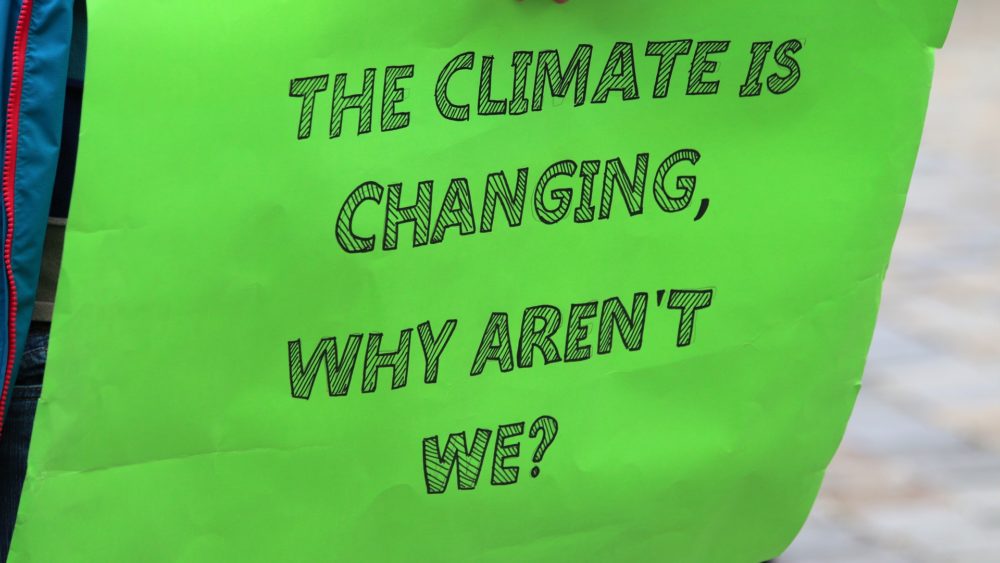The Spanish Government’s credibility was left in serious doubt following a meeting held with NGOs and pressure groups on the May 26.
It was set to announce plans to hold a Citizens’ Assembly in September, in line with the recently passed Law on Climate Change and Energy Transition, to define a national response to the climate crisis.
The timidly worded piece of legislation, however, was disappointing in its lack of clarity and conviction, but ultimately unsurprising, coming from a government that has been continually reluctant to speak harsh truths to the big economic players that sustain it.
The Citizens Assembly is potentially the last chance that Spain, as a nation, has to address the climate crisis in an effective manner. Clearly, its government is unwilling to make decisions that it fears will compromise its immediate economic interests, so it is left to its people to take action. Unless the government ensures that the Assembly is properly constituted (see the recommendations below), however, this momentous opportunity will be squandered, and all our futures endangered.
There is no shortage of advice on how to plan a successful Citizens’ Assembly, based on evidence from efforts in other countries. Guidance from the OECD details clearly the key elements required for an assembly that is effective and democratic:
- That the government commits publicly to enact the recommendations of the Assembly. (NB: The Spanish Government has so far explicitly refused to make such a commitment)
- That the Assembly should be a microcosm of the general public, ensured through random sampling from a stratified population, with independent statistical and sociological oversight, to ensure that the group matches the country’s demographic profile.
- Participants should have access to a full range of accurate, relevant and accessible evidence and expertise, and should be able to request and obtain additional information.
- Anyone should easily be able to find information about the whole process: design, methodology, recruitment detail, experts consulted, recommendations made, the authorities’ responses.
- Participants should meet at least four full days in person, preferably more, to ensure quality of deliberation. (NB: Experience of virtual meetings during part of the French process has shown them to be notably less effective, yet the Spanish government has already opted for an entirely virtual assembly)
The Government has yet to indicate how it intends to meet the recommendations outlined in points 2, 3 or 4, but the evidence so far suggests that its intentions for the Citizens Assembly are less than sincere and are more likely an act of mere political theatre and tokenism, designed to appease the media and the electorate.
The unwillingness of the Government to ensure the success of this Citizens’ Assembly is astounding. Despite the fact that the Government itself has declared a climate emergency, it refuses to take concrete measures. This inaction exemplifies the cowardice and short-termism that has defined this government.
It is clear that it does not want to take responsibility for the difficult decisions that must be made, so someone else must do that for them. And what could be more convenient than to hand off the responsibility to its citizens to decide their own fate? In doing this, it can avoid taking the blame for the choices that it is so clearly averse to making, and the people can finally see real change enacted, if that is what they choose. It’s a win-win.
However, it is yet to be decided what the Government’s decision regarding the Assembly will be; whether the Assembly will be one with real teeth and the power to bring about meaningful reform, or whether it will simply be a TV-op for a government extremely keen to receive some positive press.
Until June 16, any citizen can review the government’s proposal on https://www.miteco.gob.es/es/cambio-climatico/participacion-publica/asamblea-clima.aspx and send comments or thoughts regarding the Assembly to [email protected], under the title, “Normativa. Asamblea Ciudadana para el Clima“.
The opportunity for our Government to take control over the imminent crisis has passed, so it is time for us, the people, to take our future, and the future of our children, into our own hands.
Volete essere informati delle azioni di DiEM25? Registratevi qui!




